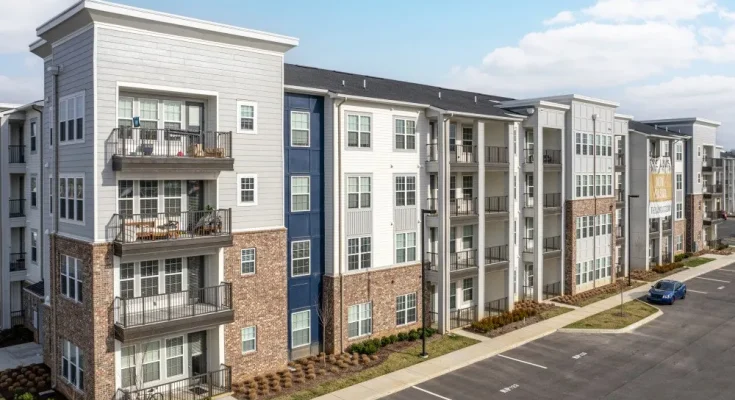Investing in a college-adjacent condo represents a strategic real estate opportunity for many investors. The proximity to educational institutions creates a unique market dynamic that can offer both rental income potential and possible appreciation. When evaluating these properties, investors should consider various factors, including location specifics, financial implications, and future resale prospects. Many college towns feature diverse housing options, including Penrith Floor Plans that cater to student housing needs while maintaining appeal for other potential residents.
Location matters
The immediate vicinity to campus facilities is crucial in determining property value. Condos within walking distance to classrooms, libraries, and student centres typically command higher rental rates and maintain consistent occupancy. Beyond campus proximity, consider access to public transportation routes, grocery stores and pharmacies, dining and entertainment options, and medical facilities. Properties that offer convenience across these categories tend to perform better regardless of market fluctuations. Corner units or condos with favourable positioning within a complex may provide additional value.
Financial analysis
Purchasing a college-adjacent condo requires a thorough financial assessment. Initial acquisition costs represent only one component of the overall investment. Additional considerations include monthly HOA fees and what they cover, property tax assessments specific to the college town, insurance requirements and costs, renovation needs to meet student housing standards, and potential maintenance reserves for future repairs. Compare these expenses against projected rental income to determine if the investment aligns with your financial goals. Seasonal occupancy patterns may affect cash flow consistency throughout the year.
Tenant considerations
- Student demographic needs
- Academic calendar cycles
- Parent co-signer arrangements
- Lease structure options
- Property management requirements
College towns present unique tenant scenarios that differ from traditional rental markets. Student renters typically follow academic calendars, creating predictable turnover periods. Parents often serve as co-signers, providing additional financial security for property owners. The tenant demographic generally consists of students seeking convenient housing options near campus. This creates reliable demand but may necessitate specific property management approaches.
Market trends
College enrollment patterns directly impact housing demand in these areas. Research the institution’s enrollment projections, expansion plans, and reputation within its academic field. Schools with growing programs tend to drive increased housing demand. Housing supply in college towns warrants careful examination as well. New construction projects or university housing initiatives may impact private rental market dynamics. Properties that appeal to both students and non-student residents provide greater investment flexibility.
Exit strategy
- Resale timing strategies
- Buyer demographic shifts
- Value-add improvement options
- Alternative use considerations
Even during the purchase phase, consider potential resale scenarios. Due to consistent demand, college-adjacent properties often maintain value, but market-specific factors can influence liquidity. Evaluate similar properties’ historical appreciation rates and typical time-on-market metrics to gauge potential exit timelines. Properties that offer versatility in use cases beyond student housing may provide additional resale advantages. Condos that could appeal to young professionals, faculty members, or retirees expand the potential buyer pool when it’s time to sell.
By comprehensively assessing these key factors, investors can make thoughtful decisions when considering college-adjacent condo purchases that align with their investment objectives and risk tolerance.




